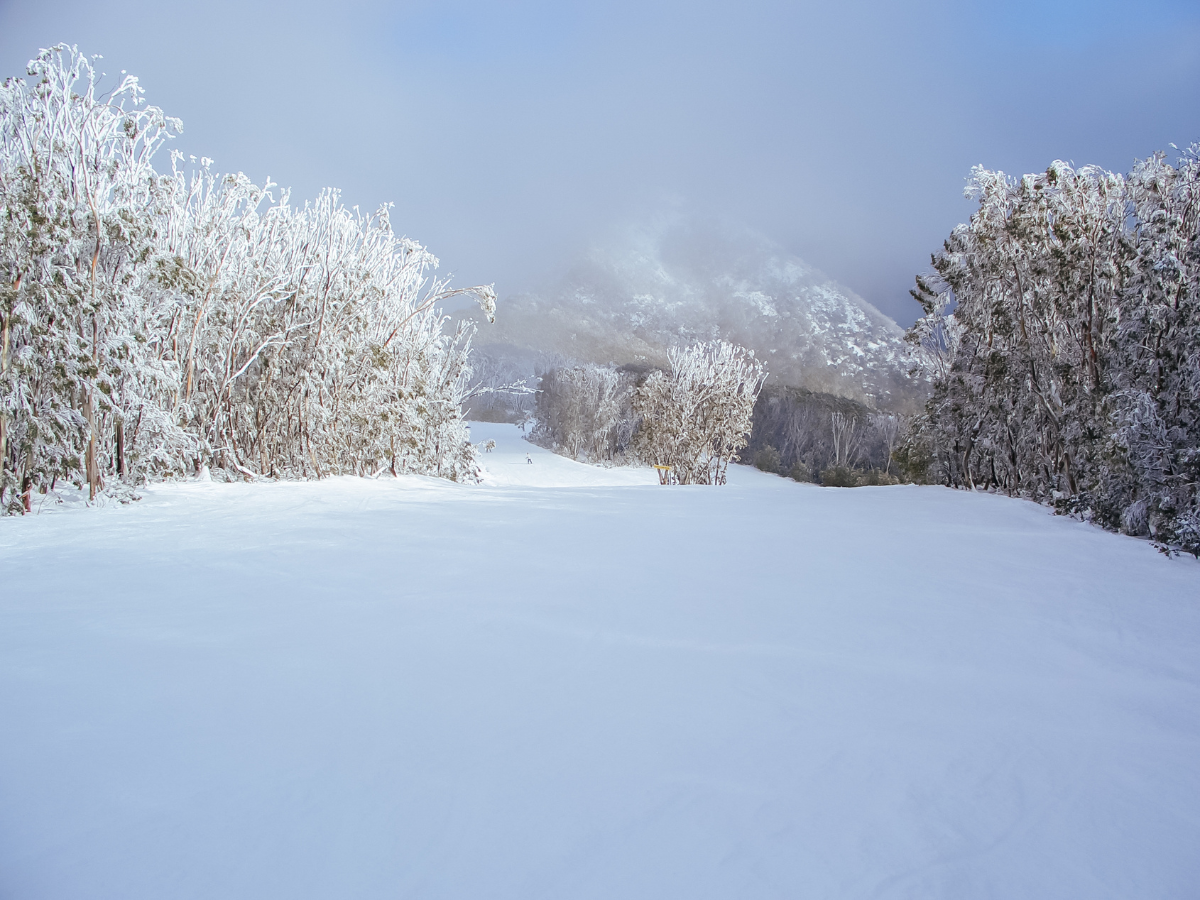I confess that I am not celebrating the Winter Solstice this weekend; I’m celebrating the Summer Solstice with my US-based coven. It’s weird, I know.
My move from Miami to Melbourne in 2012 was transformative and filled with significant adjustments. One of the most notable changes was adapting to the change in seasons, especially when it comes to the holidays. I’m still navigating this transition.
The Winter Solstice, a pivotal event in the annual cycle, typically occurs around December 21st in the Northern Hemisphere. It’s the longest night of the year, heralding the return of the sun and symbolising rebirth and renewal. This event, celebrated by diverse cultures worldwide, has a rich history and cultural significance. Many ancient traditions associated with it, such as lighting fires and candles to welcome the returning light, using evergreen decorations symbolising eternal life, and exchanging gifts, have found their way into Christmas celebrations.
We all know that Christmas, celebrated on December 25th, is a Christian holiday commemorating the birth of Jesus Christ. However, its timing and many customs are deeply rooted in earlier pagan solstice traditions. When Christianity spread through Europe, it absorbed and reinterpreted these existing festivals. Thus, the joy and festivity of the Winter Solstice are preserved within the context of Christmas. This blending of traditions has led to the customs we see today, where the spiritual themes of light, hope, and renewal are shared between the Winter Solstice and Christmas.
Due to Australia’s location in the Southern Hemisphere, the Winter Solstice does not coincide with Christmastime. The Earth’s axial tilt causes each hemisphere’s seasons to be opposite. While the Northern Hemisphere experiences winter in December, the Southern Hemisphere enjoys summer. Consequently, the Winter Solstice in Australia occurs around June 21st, marking the shortest day and the longest night of the year.
The difference in seasons between the Northern and Southern Hemispheres means that the festive and cultural associations with Christmas and the Winter Solstice, common in the North, do not align in Australia. Australians celebrate Christmas in the warmth of summer, with traditions adapted to the season, such as barbecues and beach vacations. Meanwhile, the Winter Solstice in June is a quieter affair, often lacking the extensive holiday festivities of December.
Many people dislike Christmas for various reasons. It’s a highly commercialised Christian holiday that creeps in earlier every year, bringing financial pressures and family stresses. I have always enjoyed Christmas. Growing up, my family Christmases were happy affairs of Noche Buena dinners, boozy Cuban egg nog, music, and gifts unencumbered by Christianity. Then there was my coven’s Sabbat with more food and more gifts. For the whole month, pagan reminders of Yule are everywhere. Along with Halloween, Yuletide may be the closest to being immersed in a version of pagan culture in America. I miss that.
In Melbourne, there is no decor, music, or public Pagan festivals where people can circle and drink wassail. Covens and friends may gather for ritual and exchange gifts around a Yule tree over hot mulled cider, but I am a solitary practitioner here, and I don’t feel the Yuletide spirit.
Of course, I feel winter’s seasonal shifts and natural rhythms here. I acknowledge and appreciate that the days will grow longer, but it will still be freezing for some time. There is a lot to do in Melbourne during winter: footy, light shows, theatre, markets, food and drink festivals, but mostly, I want to stay inside close to the heat. I wasn’t designed for the cold.
I am slowly emerging from my decade-long hibernation. This year, I began hosting a New Moon ritual in honour of Hekate each month. It has been lovely and makes me seriously consider hosting other events. Perhaps next year, I’ll extend this to hosting a Winter Solstice event. But for now, I’ll be remotely joining my Miami coven as they gather and celebrate the sun for the same and opposite reasons.


I Believe the feeling that you are feeling when it comes to hosting your full moon rituals. Then furthering your rituals are spiritual growth from the Spirit.